|
The Grateful Dead went into a state of latent activity in the fall of
1974 that lasted until the spring of the following year when the band
reconvened at guitarist/vocalist Bob Weir's Ace Studios to record Blues
for Allah. The disc was likewise the third to be issued on their own Grateful
Dead Records label. When the LP hit shelves in September of 1975, the
Dead were still not back on the road -- although they had played a few
gigs throughout San Francisco. Obviously, the time off had done the band
worlds of good, as Blues for Allah -- more than any past or future studio
album -- captures the Dead at their most natural and inspired. The opening
combo of "Help on the Way," "Slipknot!," and "Franklin's
Tower" is a multi-faceted suite, owing as much to Miles Davis circa
the E.S.P. album as to anything the Grateful Dead had been associated
with. "Slipknot!" contains chord changes, progressions, and
time signatures which become musical riddles for the band to solve --
which they do in the form of "Franklin's Tower." Another highly
evolved piece is the rarely performed "King Solomon's Marbles,"
an instrumental that spotlights, among other things, Keith Godchaux's
tastefully unrestrained Fender Rhodes finger work displaying more than
just a tinge of Herbie Hancock inspiration. These more aggressive works
contrast the delicate musical and lyrical haiku on "Crazy Fingers"
containing some of lyricist Robert Hunter's finest and most beautifully
arranged verbal images for the band. Weir's guitar solo in "Sage
& Spirit" is based on one of his warm-up fingering exercises.
Without a doubt, this is one of Weir's finest moments. The light acoustic
melody is tinged with an equally beautiful arrangement. While there is
definite merit in Blues for Allah's title suite, the subdued chant-like
vocals and meandering melody seems incongruous when compared to the remainder
of this thoroughly solid effort.
(by Lindsay Planer , AMG) |
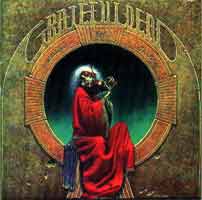
 Inselplatte
Inselplatte  #1 in Jahresliste
#1 in Jahresliste  Plattentipp
Plattentipp 








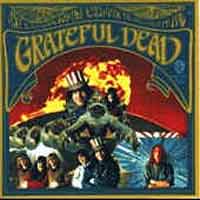
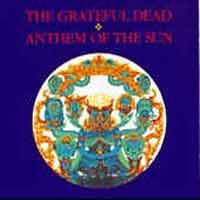
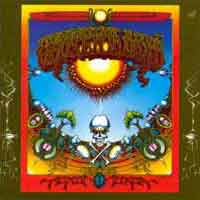
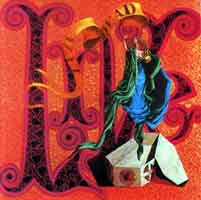
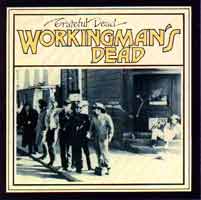

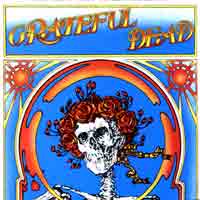
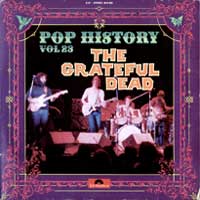

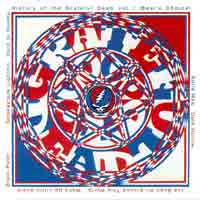
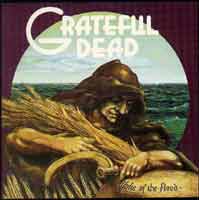
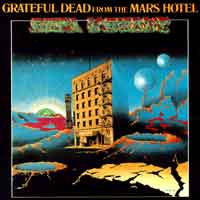
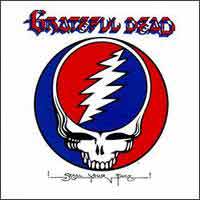
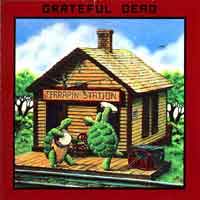
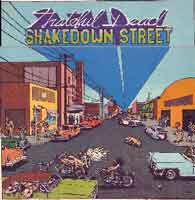
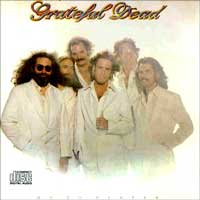
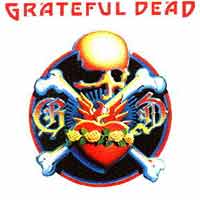
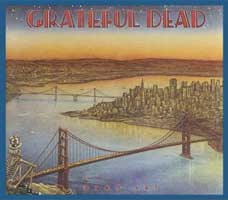
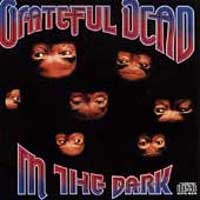
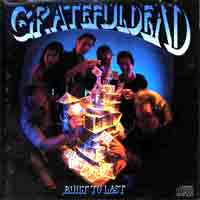
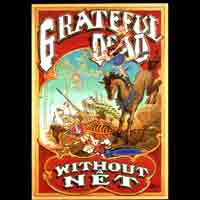
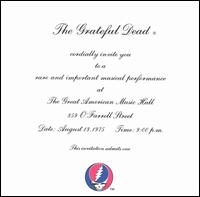
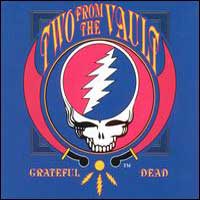
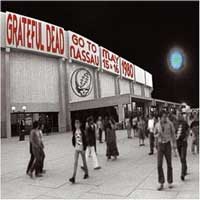
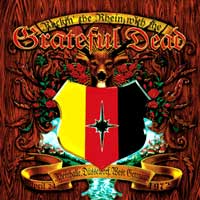
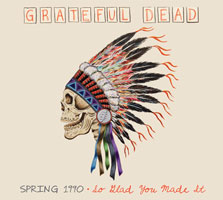
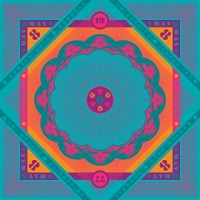

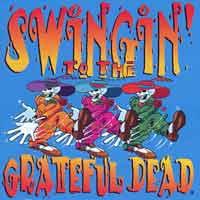
 Grateful Dead
Grateful Dead 